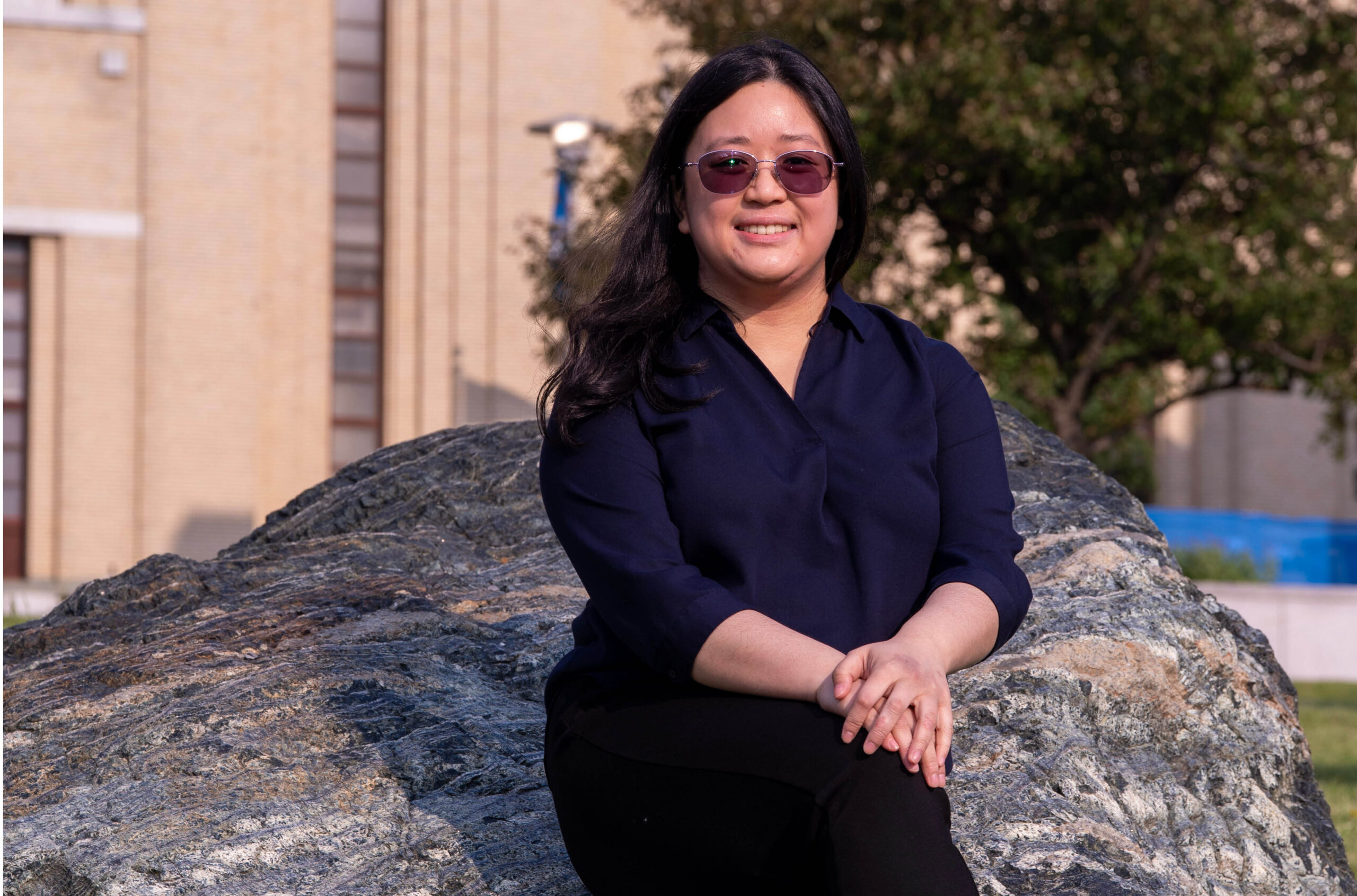How being a caregiver changes your graduate school experience
What does a caregiver-inclusive university or workplace environment mean to you?

There is often an assumption that graduate students have an unwavering commitment to their academic pursuits, meaning that long hours are treated as a proxy for the level of dedication. However, caregiving means navigating unexpected circumstances, including both emotional and logistical complications. Juggling these various priorities means constant decision-making regarding how any actions will affect both your graduate studies and your loved ones.
Since almost everyone has some care responsibilities, you may wonder what the correct threshold is to define yourself as a caregiver. Do you listen to Zoom lectures while helping a loved one book an appointment at the same time? Do you have to skip class because there was an immovable request? You are a caregiver if you consistently must put the needs of your loved ones ahead of your own professional commitments. While the questions above apply to all forms of caregiving, this article will focus on caregiving for an adult with a health or ageing-related condition.
Becoming a caregiver is not always an instantaneous role switch. One may gradually take on responsibilities over time, especially as the care recipient’s health declines or circumstances change. Sometimes it emerges out of love and care for another person, and sometimes it emerges from cultural, familial and gender expectations. Regardless, there is no arguing that the additional role and expectations can increase stress for graduate students.
How should I navigate care responsibilities while in grad school?
Everyone’s care situation is different, and the support you need while providing care to another person in your life will depend on the unique contours of that situation. What strategies might you consider as you navigate the duality and tension of being a graduate student and a caregiver?
- Make space for how you are feeling. Caring for another person has a financial, emotional, or social cost – sometimes all On more challenging days, it can be tempting to compartmentalize your feelings and thoughts as you navigate the endless to-do lists and task switches. However, genuinely making space for your feelings may be helpful, akin to releasing the pressure cooker’s valve. It is expected to have conflicting feelings of resentment, guilt, anger, sadness, worry, hope, joy, relief and love. How well can you identify your feelings? Do you know why you are feeling a particular emotion? What does that tell you about the support you need now?
- Connect with support services that are specific to caregivers. Some postsecondary institutions have dedicated resource centres for caregivers (for example, the University of Toronto’s family care office). In the province of Ontario, the Ontario Caregiver Organization also offers an array of free workshops focused on being a self-compassionate and mindful caregiver.Support can also come in the form of self-advocacy. Can you ask your principal investigator to adjust your lab day to create a flexible schedule? Is there greater flexibility at different degree points where you could increase your caregiving role? Can you request an extension on an assignment?
- Know that you can say “not yet.” As a graduate student, you might feel the pressure of saying “yes” to all the opportunities that come your way and worry that the opportunities will not come back. However, if you say “yes” now, you will have to think about what that would mean for your care responsibilities. Are there ways to engage with valuable research opportunities that don’t require an unworkable time commitment?
How can I identify workplaces that have a supportive environment for caregivers?
Since your care responsibilities may extend beyond graduate school, you will also need to consider what you will need to thrive as a caregiver in the workplace. Whether you transition to academia or industry, knowing the benefits and accommodations you can explore as a caregiver may make a difference in what you do after graduate school.
Here are a couple of ways to ease your transition into the workplace:
- Create a checklist of what your potential employer needs to do to support you. McMaster University has an excellent Gender, Health and Caregiver-Friendly Workspaces website, which includes a checklist for caregivers to consider, a summary of provincial resources, and tips and tools for caregivers. Ultimately, your checklist may change as your responsibilities shift over time.
- Research the organization you are interested in. There are many publicly accessible sites to help you learn about potential employers, including Canada’s Top Family-Friendly Employers and community forums on Glassdoor and the National Center for Faculty Development and Diversity (hint: check if your institution is a member by scrolling down).
What does a caregiver-inclusive university and workplace environment mean to you, and how are potential employers meeting that need for you? While it is an employee’s responsibility to research what they will need, employers have a responsibility to create family-friendly and carer-friendly workspaces.
Featured Jobs
- Engineering - Assistant Professor, Teaching-Focused (Surface and Underground Mining)Queen's University
- Soil Physics - Assistant ProfessorUniversity of Saskatchewan
- Anthropology of Infrastructures - Faculty PositionUniversité Laval
- Director of the McGill University Division of Orthopedic Surgery and Director of the Division of Orthopedic Surgery, McGill University Health Centre (MUHC) McGill University
- Canada Impact+ Research ChairInstitut national de la recherche scientifique (INRS)











Post a comment
University Affairs moderates all comments according to the following guidelines. If approved, comments generally appear within one business day. We may republish particularly insightful remarks in our print edition or elsewhere.